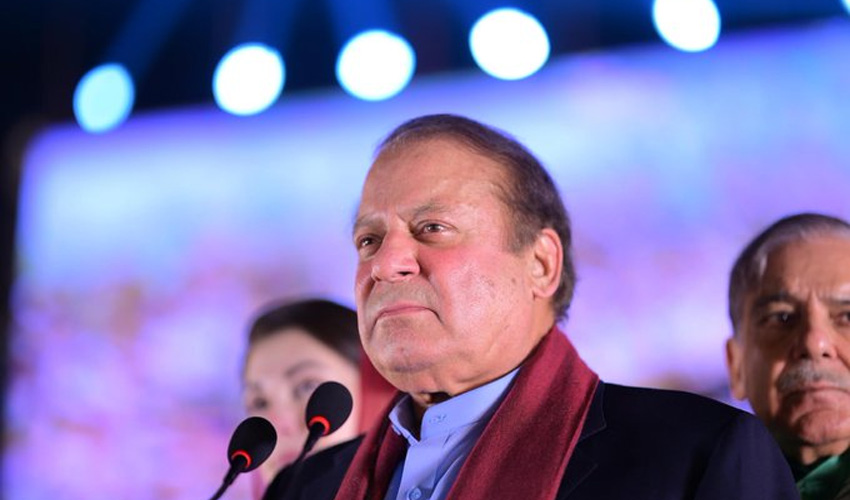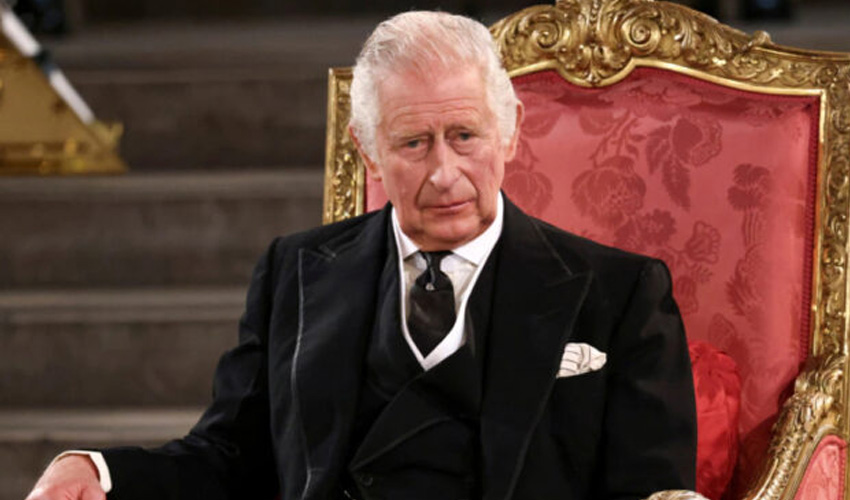A recent analysis by Bloomberg Economics has highlighted that Pakistan's economy experienced its most stable period in the past three decades under the leadership of Nawaz Sharif and his Pakistan Muslim League (PML-N).
The report, utilising a misery index combining inflation and unemployment rates, indicates that PML-N surpassed its rivals, the Pakistan Tehreek-e-Insaf (PTI) led by Imran Khan, and the Pakistan Peoples Party (PPP) led by Bilawal Bhutto Zardari.
Misery index results
The Bloomberg Economics Misery Index Results for Pakistan illustrated a comparative advantage for the PML-N, scoring at 14.5%, while PTI and PPP scored 16.1% and 17.2%, respectively.
The index averages values over the years each major political party held power since 1990, with a higher value indicating greater economic hardship for citizens.
Imran Khan's PTI maintains popularity
Despite the favorable economic indicators for Nawaz Sharif's tenure, a recent Gallup opinion poll reveals that Imran Khan's Pakistan Tehreek-e-Insaf continues to be the most popular political party with a 57% approval rating. Sharif's approval has witnessed a significant rise, jumping from 36% to 52% in the past six months, the report added.
Challenges ahead
Bloomberg Economics stressed that regardless of the economic performance under different administrations, the road ahead for any incoming government won't be easy.
With inflation nearing 30%, the national currency facing challenges, and foreign exchange reserves declining, the next government will need to make tough decisions, including implementing policies that may be unpopular with voters.
IMF bailout
As Pakistan grapples with economic challenges, the country is currently relying on a financial bailout from the International Monetary Fund (IMF). Conditions tied to the bailout necessitate the implementation of potentially unpopular policies, such as withdrawing subsidies and raising taxes. The IMF expects Pakistan's economy to grow by 2% in the current fiscal year after contracting in the previous year.



























